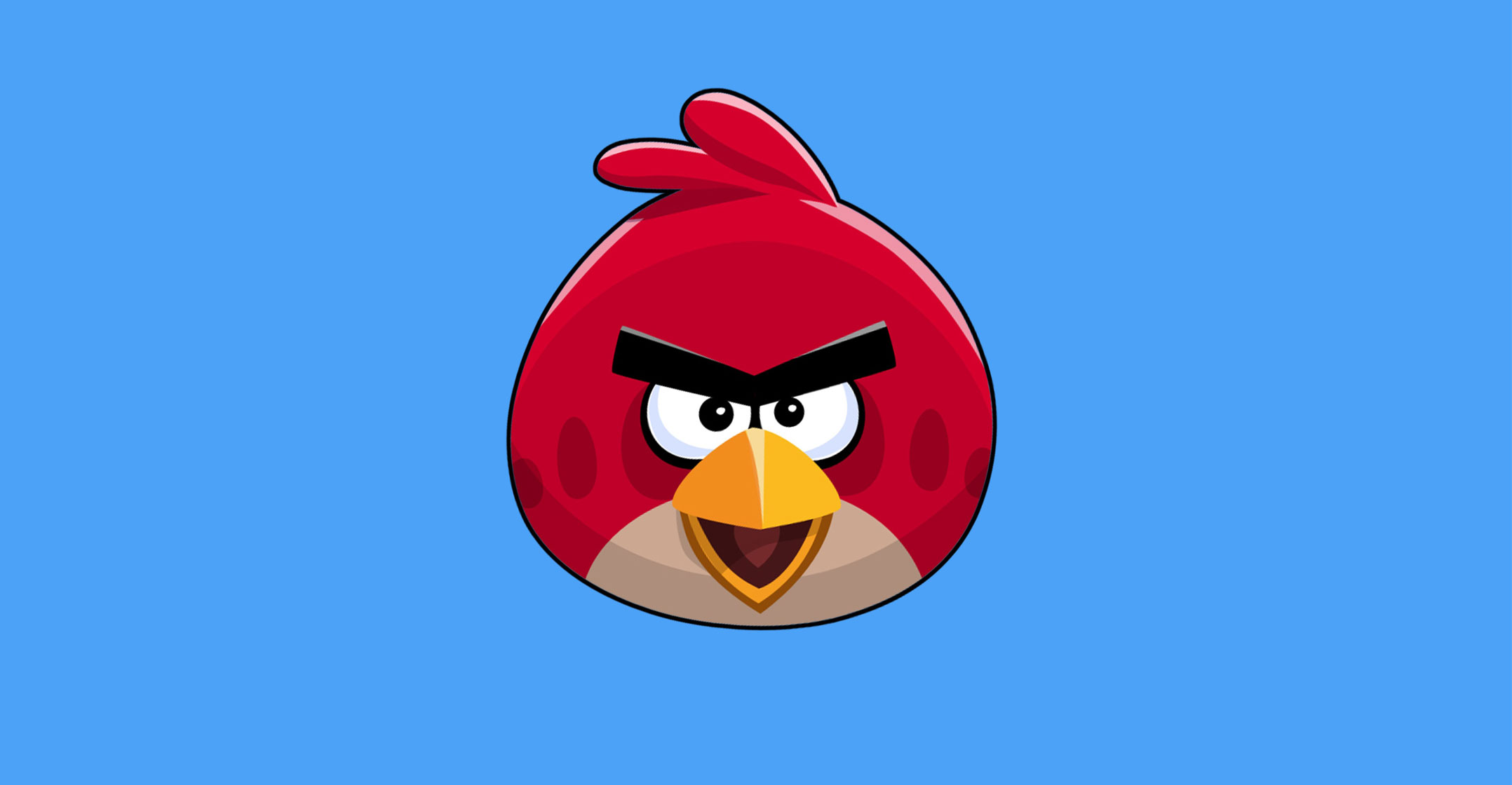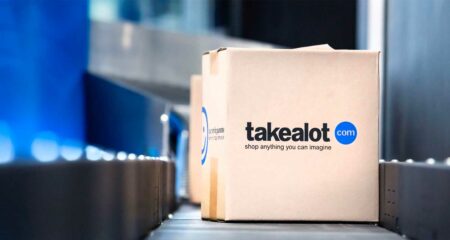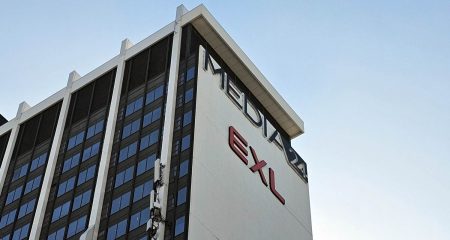
[dropcap]T[/dropcap]encent, in which South Africa’s Naspers holds a one-third stake, might want to tighten the purse strings a little.
More than US$19bn in deals over the past year have added some pretty cool names to its line-up, the marquee acquisition being control of Supercell, the Finnish studio behind the Clash of Clans games franchise.
Now Tencent is in talks to buy fellow Finnish game maker Rovio Entertainment for as much as $3bn, The Information reported (paywall). If you only know of Rovio for its Angry Birds games, that’s okay because that’s about all the company makes.
There are two parts to this potential transaction that need to be examined. First is the strategic advantage in buying another game maker, and the second is how much Tencent should pay. These two factors need to be looked at together.
Tencent has done well with Supercell. The Chinese company leveraged its own gaming strength and WeChat messenger product to promote newly acquired franchises such as Clash of Clans throughout the country. Adding these titles to its existing portfolio was also seen as being a smart way to help boost Tencent’s mobile gaming business, which hasn’t been as lucrative as its desktop offering.
It’s unlikely Rovio could offer the same opportunity. Angry Birds is already huge in China, with its movie spin-off rising to be the country’s third biggest foreign animated feature. While that might seem like a reason to buy the company, it actually just means Tencent brings less to the table.
Then there’s price. The Tencent consortium paid approximately 10 times pretax profit (13 times post-tax profit) for Supercell. That’s well below similar deals, so they look to have got a bargain.
Expensive birds
Rovio is the opposite. Based on a $3bn price tag and 2016 financials, Tencent would be paying 154 times earnings before interest and tax, or 14 times revenue. That Ebit multiple is seven times the median of deals over the past year.
Rovio has recently been crowing about strong year-on-year growth in the first quarter, but we should be careful about extrapolating that for the full year because 2016 was heavily back-end-loaded in terms of both revenue and earnings.

The company’s outlook for this year is weighted toward ongoing revenue from the Angry Birds movie. It would be unwise to expect such performances in coming years.
Then there’s the fact that Rovio is a one-hit wonder. Supercell has numerous titles, while Rovio has yet to show it can create the same kind of depth.
That said, a purchase of Rovio might make sense at the right price. Overpaying, though, could rightfully turn Tencent shareholders into angry investors. — Reported by Tim Culpan, (c) 2017 Bloomberg LP




